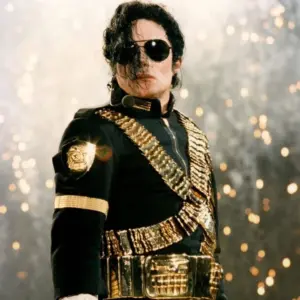South Korea's Truth and Reconciliation Commission has admitted to widespread malpractice in its adoption history, including falsifying records, and is calling for an apology to the thousands of adoptees affected by these actions.
South Korea Confronts Adoption Scandals with Official Acknowledgment

South Korea Confronts Adoption Scandals with Official Acknowledgment
A government commission reveals systemic adoption malpractices in South Korea, seeking justice and apologies for the mistreated adoptees.
In a groundbreaking revelation on March 26, 2025, South Korea's Truth and Reconciliation Commission officially acknowledged extensive malpractices associated with international adoptions that took place over decades. The report highlights the hurried, profit-driven motives behind the adoption process, stating that children were often treated "like luggage" as they were sent abroad, primarily to the United States and Europe.
Chaired by Sun-young Park, the commission's findings are the culmination of years of advocacy from South Korean adoptees who returned to their homeland to confront the dark legacy of these practices. They campaigned for accountability and recognition of their struggles, and this report delivers a partial victory towards that end.
Among the commission's revelations were instances where adoption agencies falsified documents to classify children as orphans, even when they had living parents. In some cases, if a child died before being adopted, other babies were sent in their place. Four private adoption agencies were given unchecked power to designate themselves as legal guardians, facilitating these unethical practices for financial gain. The full scope of past wrongdoing was laid bare as the commission reported a lack of governmental oversight, despite previous exposés.
With approximately 200,000 South Korean children adopted internationally since the end of the Korean War, the report represents a significant step for the adoptee community that has long sought acknowledgment and reconciliation with their past. During South Korea’s tumultuous postwar period, the government endorsed overseas adoptions, opting to send children abroad instead of developing a local welfare system to care for vulnerable youth.
As the commission pushes for an official state apology, this groundbreaking admission highlights a new chapter in addressing South Korea's complex history with intercountry adoption. The call for accountability and transparency aims to heal the wounds inflicted on countless adoptees and to ensure that such practices do not recur in the future.



















